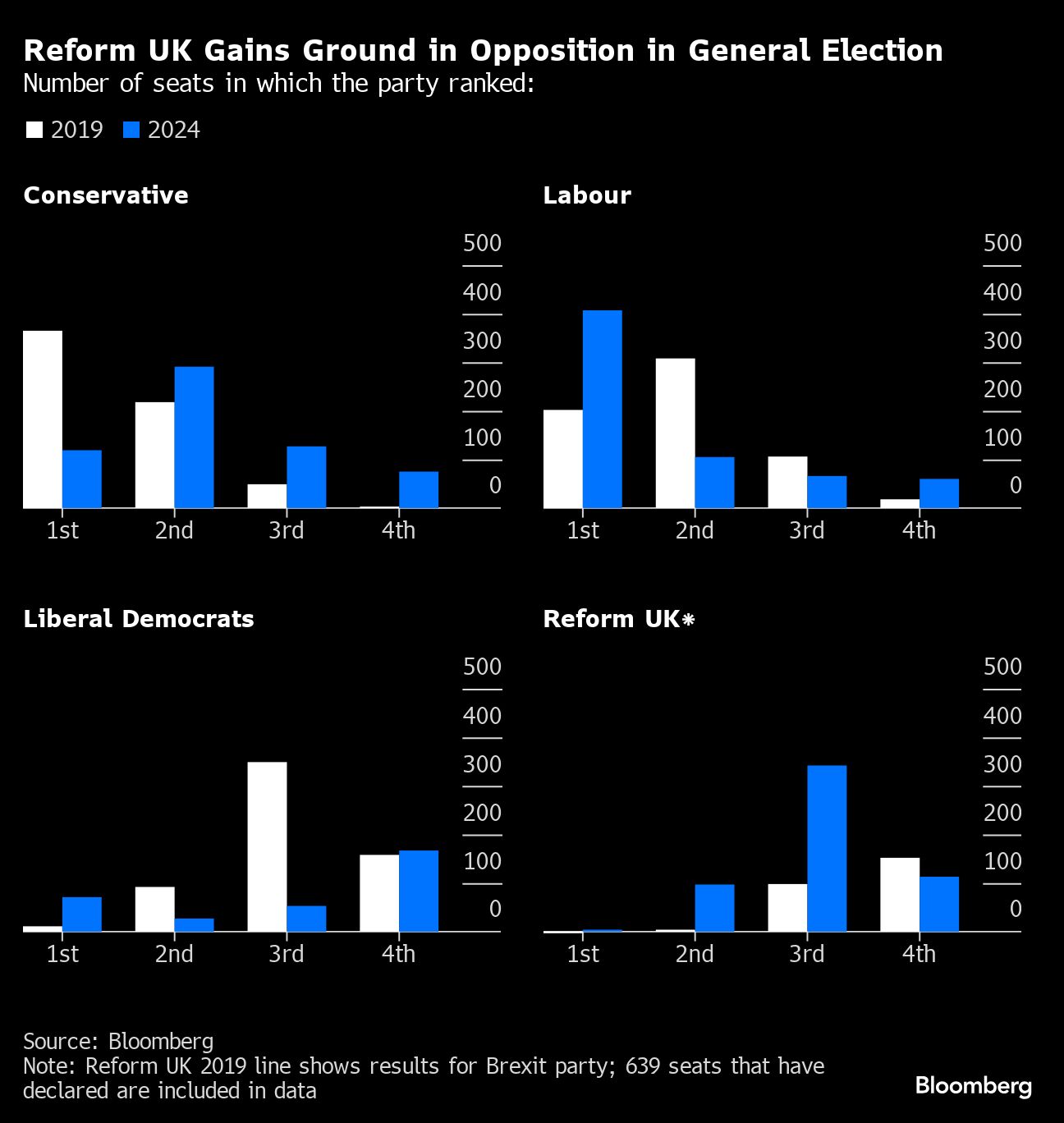
MORTGAGE RELIEF OPTIONS: REFINANCING VERSUS LOAN MODIFICATION
Vault’s Viewpoint on Mortgage Relief Options
- Refinancing and loan modification can both make your mortgage more affordable, but there are differences between these options.
- A mortgage refinance is for homeowners with solid credit and payment histories who want a more favorable home loan.
- Loan modification is geared toward borrowers who are having trouble with their current mortgage payments and who are at risk of foreclosure.
What is Loan Modification?
A loan modification is designed for homeowners who are coping with financial hardship. It can change the conditions of your loan in a number of ways. Through a loan modification, you may land a lower interest rate, extend the term of your loan or reduce the amount of principal you owe. In most cases, lenders only offer loan modification for borrowers who are unable to refinance, are struggling financially or are likely to default on their loan.
What is a Loan Refinance?
When you refinance, you replace your current mortgage with a new loan, ideally with a more competitive interest rate or better terms. You may also be able to tap into your equity and take cash out through a cash-out refinance. Refinancing is usually an option for homeowners who are in good financial shape, but prefer a different loan that offers some type of benefit they’re currently lacking.
How Does Loan Modification Work?
If you’d like to pursue a loan modification, you’ll need to reach out to your current lender and ask for approval. They’ll likely require you to fill out an application that includes proof of hardship in the form of a hardship letter, proof of income, bank statements and tax returns.
Keep in mind that because lenders aren’t obligated to accept your request, and you’ll need to demonstrate that you can’t make your mortgage payments, it’s typically more difficult to get a loan modification than refinance. While each lender has their own criteria, most will only offer a loan modification if you’re facing a financial setback, already behind on payments or at risk of foreclosure.
Note that if you’re behind on your mortgage, you may receive offers from settlement companies who claim they can negotiate with your lender and increase your chances of getting a loan modification. Since you’ll likely have to pay a hefty fee for this service, it’s a good idea to avoid it if you can.
If a lender does approve your request for a loan modification, they may change your loan term, reduce your interest rate, convert an adjustable rate loan to a fixed rate loan with more predictable payments or lower your principal amount.
Depending on the lender, there may be a temporary trial period in which you have to make your initial modified payments on time before your loan modification becomes permanent. If your lender rejects your request and you still believe you’re a good candidate for a loan modification, you might be able to appeal their decision and seek a reevaluation.
How Does Refinancing Work?
You can refinance your mortgage with your current lender or shop around and find another lender that has a more favorable offer. In most cases, you’ll need to complete an application with your personal details and financial documents like your mortgage statement, pay stubs and bank statements. Your lender may also request an appraisal to determine the value of your home and ensure they don’t lend more than it’s worth. The two types of refinancing include:
- Rate and term refinance: With a rate and term refinance, you can change the interest rate and terms of your mortgage. You may be able to lower your interest rate or monthly payments, change your loan term or move from an adjustable rate loan to a fixed rate loan.
- Cash-out refinance: A cash-out refinance uses the equity you’ve built in your home, which is the difference between what you owe on your mortgage and the current value of your home. It replaces your current mortgage with a new larger loan so you can keep the difference as cash and put it towards a planned or unexpected expense.
Keep in mind that if you do refinance your mortgage, you’ll likely have to pay closing costs, such as appraisal fees, origination fees and title search fees, which can be anywhere from 2% to 6% of your loan amount. Also, if you have solid credit and a history of on-time mortgage payments, you have a better chance of getting approved for a refinance than someone with poor credit and spotty credit.
When Should I Use Loan Modification?
In general, loan modification only makes sense if you can no longer afford your mortgage payments. It’s worth considering in these situations:
- You’re underwater on your mortgage: If you owe more money on your home than it’s worth, a loan modification might come in handy. The lender may lower your rate or lengthen your loan term so you have more time to pay it off.
- You can’t qualify for a refinance: Mortgage refinancing is usually only an option if you have good credit and a strong payment history. If you don’t meet this criteria, a loan modification may be more attainable, especially if you’re dealing with a financial roadblock.
- Your new circumstances make it tough to cover your payments: A number of life events may pop up and prevent you from being able to pay your mortgage, making loan modification a good idea. These may include divorce, the death of a spouse, job loss or disability.
- You’re struggling with your mortgage and can prove it: If your mortgage payments are no longer within your budget, you may qualify for a loan modification; This idea is particularly true if you can demonstrate your struggle through pay stubs, bank statements or other documentation.
When Should I Refinance?
Compared to loan modification, refinancing is generally easier to get, especially if you’re in a good financial position. You may explore the idea of a mortgage refinance if any of the following apply to you:
- You’re in solid shape financially: Lenders who offer refinancing will usually require that you have good to excellent credit and are current on your mortgage payments. If you meet this criteria, you’re more likely to get approved.
- You’d like to save money on interest: If you can lock in a lower rate because your credit has improved since you first took out your mortgage or rates have gone down, refinancing can lead to substantial interest savings. Depending on your situation, it may mean thousands of extra dollars in your pocket over the life of your loan.
- You want to change the terms of your loan: A mortgage refinance may be worth it if you want to shorten your term to save on interest or extend it to enjoy smaller monthly payments. It can also allow you to switch from an adjustable rate mortgage to a fixed rate mortgage with more predictable payments that will stay the same throughout your loan.
- You have substantial equity and want to borrow against it: If you have a good amount of equity in your home, you may tap into it and receive cash through a cash out refinance. You can put the cash toward a home renovation, debt consolidation, vacation or any other expense you have.
- You’d like to get rid of mortgage insurance: You may owe private mortgage insurance or PMI if you have a conventional loan with less than 20% equity in your home or an FHA loan that comes with a mortgage insurance premium or MIP. If your property’s value has increased, a refinance can allow you to eliminate PMI. You may also be able to refinance from an FHA loan to a conventional loan and stop paying a MIP.
- You plan to stay in your home for a while: Since closing costs are involved, a refinance might not be worth it if you know you’ll likely move in the next few years. You should only consider this strategy if you’re confident you’ll remain in your home and the potential savings will outweigh the closing costs.
Frequently Asked Questions
What Are Alternatives to Refinancing and Loan Modification?
Credit counseling, loan forbearances, a home equity line of credit (HELOC), home equity investment and a short sale can all be alternatives to refinancing and loan modification. Your specific situation and goals will dictate the ideal solution.
Can You Refinance After a Loan Modification?
You may be able to refinance your mortgage following a loan modification. But keep in mind that you might have to wait a certain period of time, such as 12 months before you can refinance. You’ll also need to meet stringent qualifications, including maintaining good credit and stable income.
How Do Refinancing and Loan Modification Affect Your Credit?
Both refinancing and loan modification can impact your credit, but the effects of these solutions are far less significant than a mortgage foreclosure. While your credit score may temporarily go down by a few points with a refinance or loan modification, a foreclosure can stay on your report for up to seven years.
The post Mortgage Relief Options: Refinancing Versus Loan Modification first appeared on Newsweek Vault.
2024-07-03T18:32:47Z dg43tfdfdgfd











